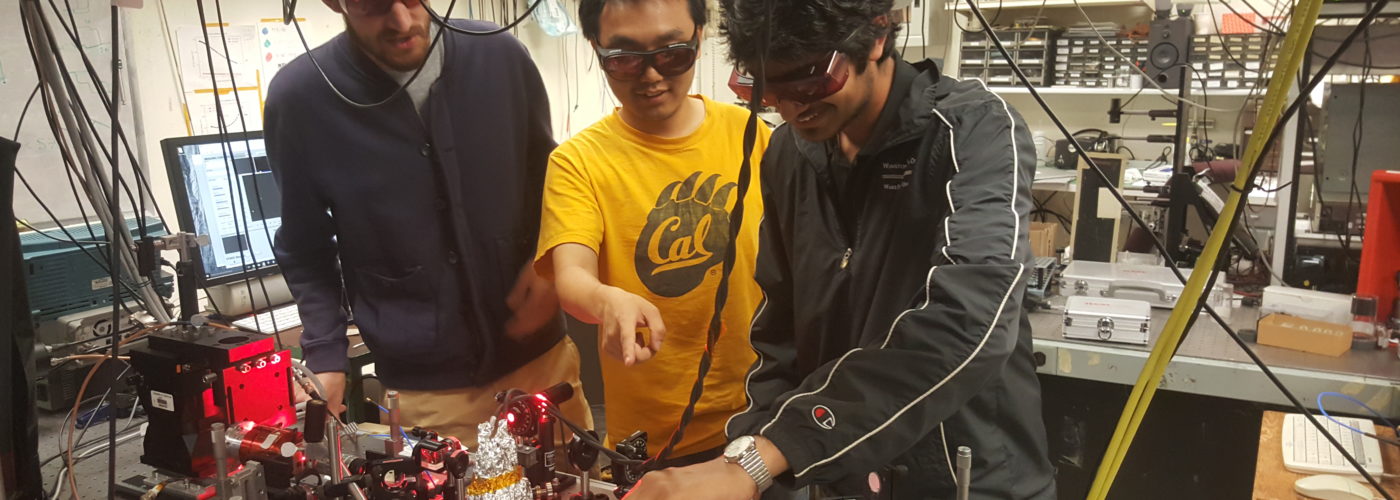E3S Graduate Education
The Center offered programs to prepare graduate students and postdocs to become future leaders, researchers and educators of low energy consumption device science and technology.
Graduate Student and Postdoc Council
The Graduate Student and Postdoc Council (GSPC) represented the graduate students and postdoctoral researchers of E3S. GSPC strived to help build a community of leadership and peer relationships among the diverse group of students and postdocs that the Center expects to attract, enabling students and postdocs of diverse backgrounds to develop fluency and comfort interacting with each other.
The GSPC was active in planning of the Center’s seminar program and in organizing various activities for the Center’s graduate students and postdocs, including an annual Research and Professional Development Retreat. The GSPC also served as an important advisory body to the Center’s leadership.
Rotation Program for Graduate Students & Postdocs
To promote collaboration among member institutions, the E3S Rotation Program supported graduate students interested in doing research with an E3S faculty member located at another member institution of the Center.
The Center provided housing subsidies and travel support for graduate students and postdocs, who were already working on an E3S project at their home institution, to spend no less than one semester or term as a visiting researcher at another E3S institution.
Inter-Institutional Postdoc Program
In addition to the Rotation Program, the Center for E3S also established four inter-institutional postdoctoral research positions – one position for each of the four research themes (nanoelectronics, nanomechanics, nanophotonics, and nanomagnetics). This program facilitated research across the five member universities and thus embodied the multi-institutional mission of E3S. Postdoctoral scholars hired for the inter-institutional postdoc program spent time at different member institutions of the Center, working on theme-spanning research projects.
Research Seminars

To further promote collaboration within the Center, research seminars were held to provide timely sharing of research results, learnings and problems. Seminars on the Center’s research were typically held biweekly via video-conference when all member institutions are in session. The Center also invited external speakers to provide a broader view of research relevant to E3S. External speakers were proposed and selected by the Graduate Student and Postdoc Council.
E3S Graduate Course
A graduate level course covering E3S topics was taught by Prof E. Yablonovitch, PI and Center Director. Center members were encouraged to enroll in or audit the course. Topics included:
- Solid-state switching devices that operate in the milli-Volt regime
- Nano-transistor options with steeper sub-threshold slope
- Nano-optical links
- Novel nano-scale impedance matching transformers, including plasmonics
- New forms of amplification using giant magneto-resistance and other spintronic effects
- Nano-mechanical switching elements that are capable of very low voltage operation
- Low-temperature electronics
- Electro-chemical switching elements
